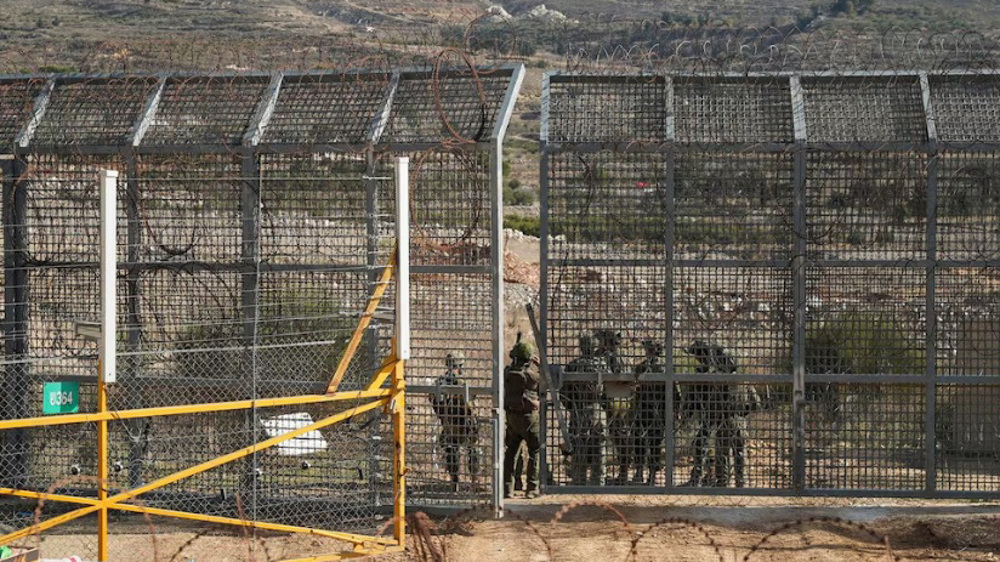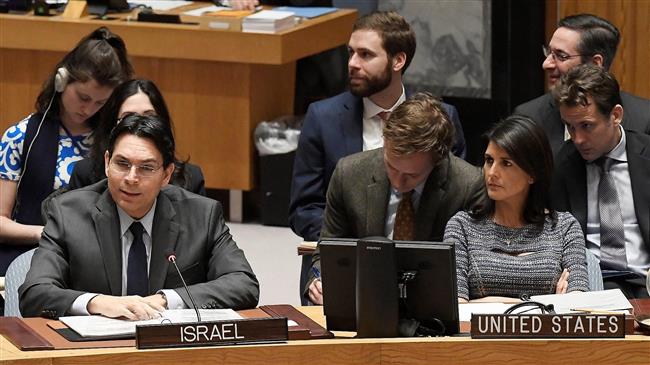EU, Turkey lambaste Israeli settlement expansion
The European Union and Turkey have strongly condemned the Israeli regime’s announcement of a plan to build thousands of settler units inside illegally-built settlements in the occupied West Bank.
The bloc said in a statement that its “position on Israeli settlement construction and related activities is clear and remains unchanged: All settlement activity is illegal under international law."
Turkey's Foreign Ministry issued a similar statement on Friday, rejecting the "illegal decision". The Israeli regime, it said, "carelessly continues to violate international law, especially the relevant United Nations resolutions and the Fourth Geneva Convention."
The convention prohibits an occupying entity from destroying private property or forcibly transferring the region's population. The UN says Tel Aviv has contravened more than 40 UN Security Council resolutions and about 100 General Assembly resolutions.
Israel's higher planning committee approved the construction of 2,191 housing units in the settlements earlier in the month.
UK, France chime in
France, meanwhile, said the Israeli decision "heightens tensions" between the Israelis and the Palestinians and dashes hopes for any prospect of peace in the region.
Britain’s Minister for the Middle East Alistair Burt said the plan is "unacceptable and disappointing" and urged Israel to stop those measures.
"Such actions are illegal under international law and call into question Israel’s commitment to any future peace agreement with the Palestinians," he added.
The United States, Israel’s biggest and oldest ally, however, refused to react to the issue.
Around 640,000 settlers live in 196 settlements across the West Bank, which Tel Aviv has built since it occupied the territory during a Western-backed war.
The regime has been emboldened in its incessant violation of Palestinian rights since US President Donald Trump’s inauguration in 2017.
Trump invited international criticism late last year after it endorsed Israel’s claim that the occupied holy city of Jerusalem al-Quds was its capital.
The criticism grew only louder in May when Washington relocated its embassy from Tel Aviv to the city, which Palestinians want to partly serve as the capital of their future state.
Relentless Israeli ceasefire violations justify need for self-defense: Lebanese MP
Tel Aviv tells Damascus Israeli forces will remain in occupied territory: Report
Dec. 22: ‘Axis of Resistance’ operations against Israeli occupation
‘Abhorrent’: Oxfam says only 12 trucks delivered aid in North Gaza since Oct.
VIDEO | Leader receives religious eulogists on Hazrat Fatima birth anniv.
Pope Francis slams Israel’s ‘machine-gunning’ of Gaza children
US hostage-taking of Iranian nationals violation of intl. law: Deputy FM
VIDEO | Carol Singers for Palestine on London’s Parliament Square















 This makes it easy to access the Press TV website
This makes it easy to access the Press TV website